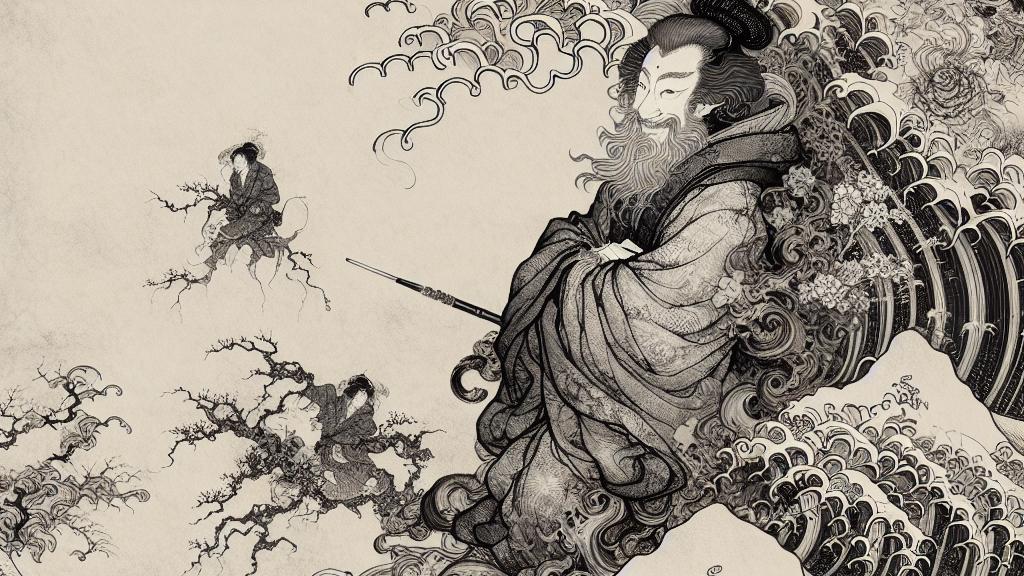Pocket Pair Reveals Key Patents in Ongoing Nintendo Lawsuit
Overview
- Nintendo and The Pokémon Company are making headlines with their bold lawsuit against Pocket Pair, alleging serious patent infringement.
- At the heart of this legal strife are three crucial patents that could potentially redefine gameplay dynamics in Palworld.
- The passionate responses from the gaming community reflect the broader implications this lawsuit has for creativity in game development.

Overview of the Legal Showdown
In a fascinating twist that has captivated gamers around the globe, a significant legal clash is underway between gaming powerhouse Nintendo and indie developer Pocket Pair, known for the action-packed game Palworld. Filed in Japan in September 2024, the lawsuit claims that Palworld infringes upon several key patents held by Nintendo and The Pokémon Company. As players and fans of the genre refer to Palworld as 'Pokémon with guns', the stakes of this lawsuit couldn’t be higher. Initially, Pocket Pair expressed its shock at the lawsuit, claiming ignorance regarding the specific patents in question. However, as details emerged, they discovered that the lawsuit focuses on three pivotal patents, all submitted shortly after Palworld made its grand debut on the market. This raises intriguing questions about Nintendo's motives and highlights the fierce protection of intellectual property in the gaming industry.
Dissecting the Patents: Key Issues at Play
The legal challenge centers around three specific patents: number 7545191, which covers the mechanic of throwing items at characters within a game; 7493117, which involves the mechanics related to character interactions; and 7528390, focused on the dynamic of riding characters, a feature familiar to any player of monster-catching games. Critics are quick to point out that these mechanics are not only common in various gaming experiences but also appear in titles far beyond the Pokémon franchise. For instance, picture the expansive worlds of Monster Hunter or Digimon games; they too utilize similar mechanics to engage players in combat and exploration. This begs an important question: Are these patents truly innovative, or simply reflections of broadly accepted game design? If Nintendo’s claims succeed, it could set a perilous precedent that would threaten creativity, making developers wary of integrating features that are viewed as common tropes. The ramifications could hinder the innovative spirit that drives the gaming industry forward.
Community Reactions: A Spectrum of Opinions
As news of the lawsuit reverberates throughout gaming forums and social media, the community's response has been robust and varied. Some fans passionately support Pocket Pair, insisting that stifling creativity is not the answer and that the gaming landscape thrives on diversity and new ideas. Others express skepticism about Nintendo’s practices, with many warning that this lawsuit could set a dangerous precedent for indie developers trying to carve out their niches. Players argue that the mechanics in question are too generalized, which could curtail the innovative potential of smaller studios. This legal drama isn’t just a battle of corporations; it serves as a reflection of deeper issues surrounding intellectual property rights in gaming. As this case progresses, all eyes will be on its outcome—as it could reshape how similar disputes are handled in the future, influencing the very fabric of game development and creativity for years to come.

Loading...